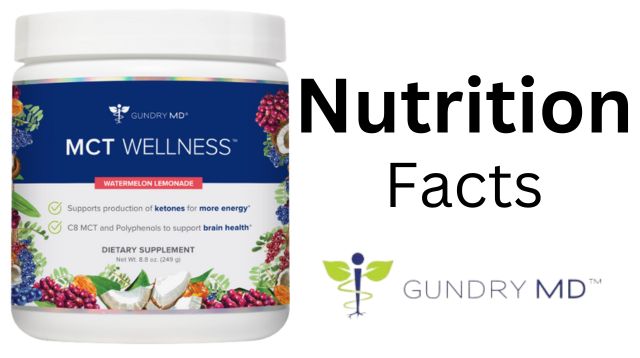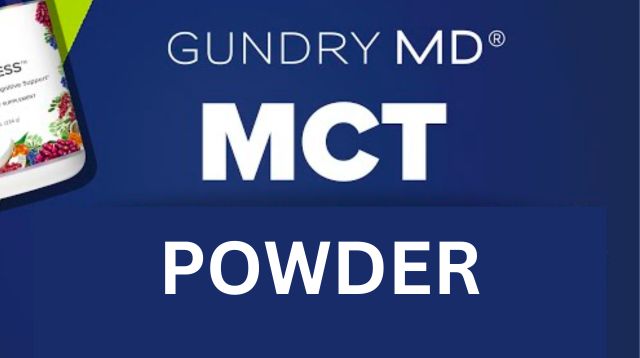What's the Difference Between MCT Oil vs. Butter for Your Coffee?

Adding MCT Oil Vs Butter To Your Coffee
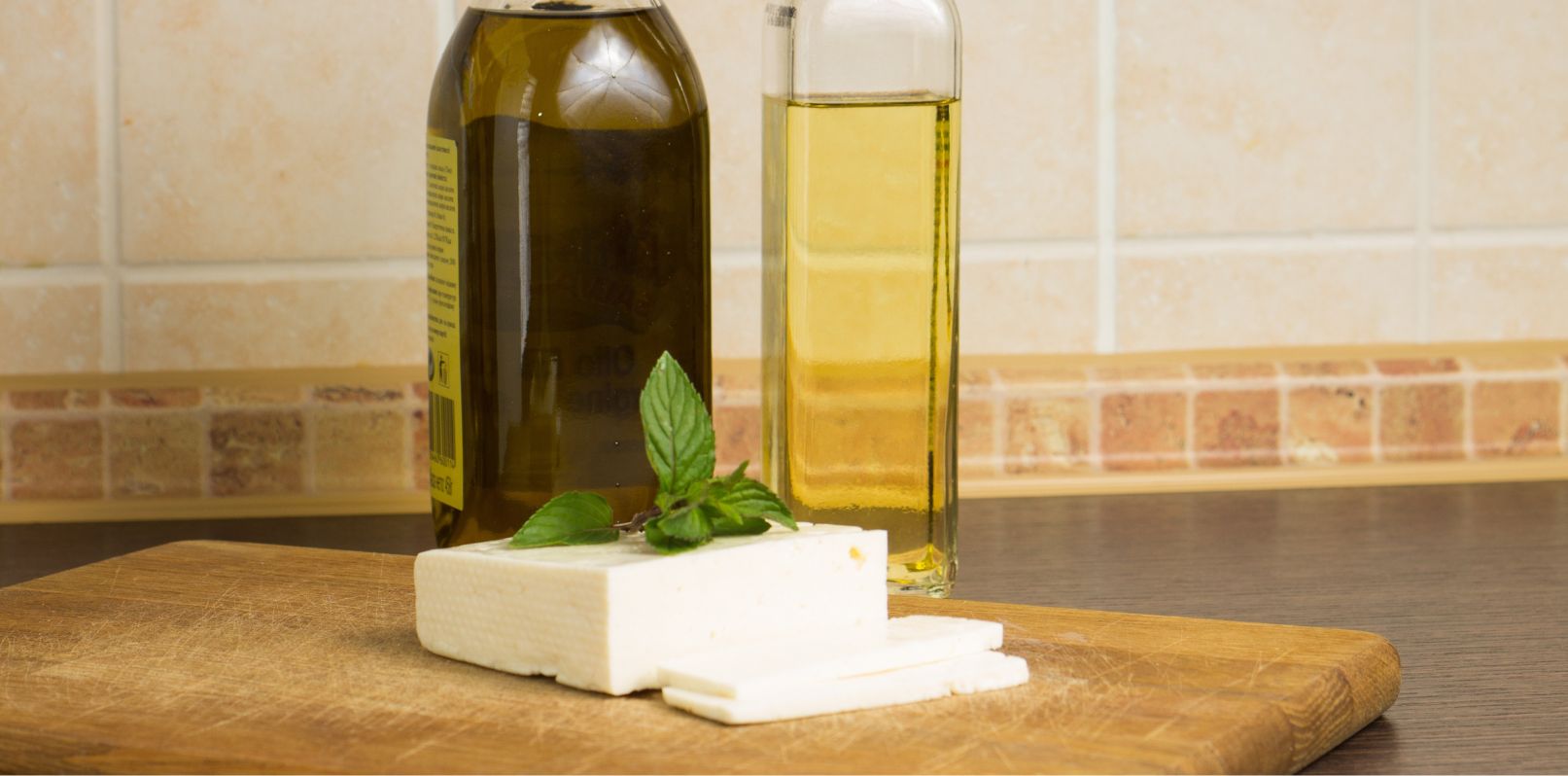
If you’re a daily coffee enthusiast, you may be intrigued by the ongoing trend of people adding MCT oil and/or butter to their coffee.
Let’s break down these add-ons, and see whether they have any real health benefits that would warrant blending them into your coffee.
MCT Oil
MCT oil is one of the most quickly absorbed oils around. MCT stands for medium-chain triglycerides (or medium-chain fatty acids), and they’re predominantly found in coconut oil. The best ones are then pulled out and concentrated into MCT oil. So, you could say that MCT oil contains 100% MCTs. Meanwhile, coconut oil contains about 50% MCTs.1
When you read the label of an MCT product, you’ll usually see only two MCTs listed – caprylic acid (C8) and capric acid (C10), or just C8 – these are the most potent MCTs.2
Adding MCT oil or MCT powder to your coffee may be a great way to help supercharge your day. Aside from its energy-boosting potential, the oil creates a creamy consistency that swiftly transforms your regular “cup of joe” into a frothy delight.3
Potential Benefits Of MCT Oil In Coffee
Let’s take a more specific look at the potential benefits of adding MCT oil to your morning coffee:
- Brain Boost: MCT oil may be beneficial as a fast source of energy because it’s so quickly absorbed into the bloodstream. As they can be converted to ketones in the body, MCTs can become “brain food,” helping to support brain health.4
- Weight Management: MCTs have shown a potential for initiating greater energy expenditure and fat-burning. They also have a high burn rate, which may help boost the number of calories burned after meals (post-meal thermogenesis).5
- Increased Satiety: Increased ketone production from MCTs may make some people feel less hungry.6,7
- Better Cognitive Function: MCTs may support normal cognitive function and brain health. There is also some evidence that MCTs possess potential neuroprotective properties and may actually help to protect the brain.8
- Healthy Blood Sugar Support: MCT oil may help support healthy blood sugar levels already within a normal range. As more research is done, this could become an exciting avenue for people trying to keep their blood sugar levels in check.9
Butter
Everyone thinks that butter is a great source of butyric acid, a short-chain fatty acid that’s really great for you. But butter is not actually a great source of butyric acid. It’s a strange irony – butter is named after butyric acid but it doesn’t contain that much. It’s about 3-4%.10
Here’s another thing about butter – it primarily comes from A1 cows. So even if you’re buying “grass-fed” butter it’s probably still from an A1 cow. And that butter has casein A1 in it, a protein that a great number of people react to.11
A preferable scenario would be to seek out butter from A2 cows which is slowly becoming a more available option in the US and does not create the same gut issues.12
A good source of A2 butter is Southern European butter from countries like Switzerland, France, and Italy which is almost exclusively obtained from A2 cows. As is any goat butter. So if you really have to have butter these are the way to go.
But, studies have also been showing a correlation between butter consumption and cardiovascular issues which means you are doing your heart a major disservice if you’re consuming a lot of butter regularly.13
On the other hand… MCT oil, MCT creamers, or even olive oil make a wonderfully healthy add-in to your daily coffee.
Olive oil? Yup. Chock full of polyphenols,, olive oil is one of the best fats you can add to your daily life. And in a blind taste test, you’d never even notice the difference, albeit a much silkier texture. It can even be used alongside MCT oil.
Which Is Better For Your Coffee: MCT Oil Or Butter?
When it comes to deciding whether to use MCT oil or grass-fed butter in your coffee, the choice is clear – MCT oil is the winner. While butter is okay to have in moderation every now and then, using it in your daily coffee could become a heart health risk.
So instead, let’s look at a tasty recipe for a Gundry MCT Capraccino. Capra-ccino, get it? Highlighting our mighty MCTs, Caprylic acid (C8) and Capric acid (C10).
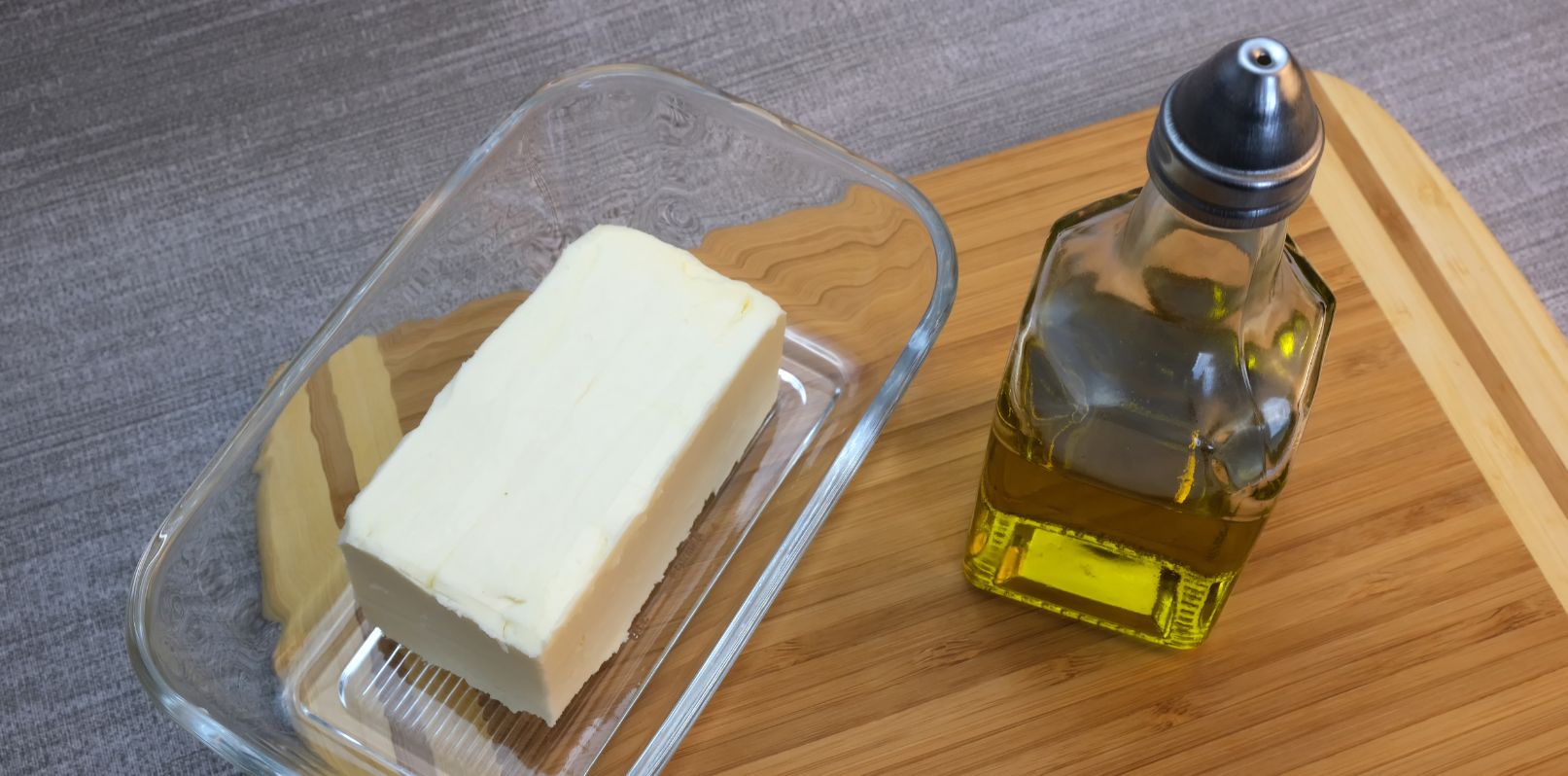
How To Make A Gundry MCT Capraccino
The Gundry MCT cappuccino harnesses the power of MCT in a few ways by using both MCT Wellness and the additional MCTs found naturally in goat’s milk, cream, or cheese. This will leave you with a creamy, delicious beverage bursting with added goodness!
Ingredients
- 1 cup hot coffee
- 1 scoop of MCT Wellness Powder, or a Tablespoon of MCT Oil
- 1 scoop of powdered goat milk or goat cream (about 2 Tablespoons), –– OR 1-ounce goat cheese or butter
- Allulose, Just Like Sugar, monk fruit, or stevia to sweeten
Instructions
Combine all the ingredients in a blender and blend until frothy – about 30 seconds. Serve in a cup or mug.
*Feel free to add cinnamon, nutmeg, unsweetened natural (non-dutched) cocoa powder, or cardamom if desired. The allulose or Just Like Sugar also adds an extra boost of prebiotics.
You’re All Set!
Pour your new frothy capraccino into your favorite mug, and enjoy!
Remember, this is a powerful drink, so limit consumption to once a day.
And, if you like your coffee a little sweeter, use a natural sweetener, like allulose.
How About Coconut Oil And Butter In Coffee?
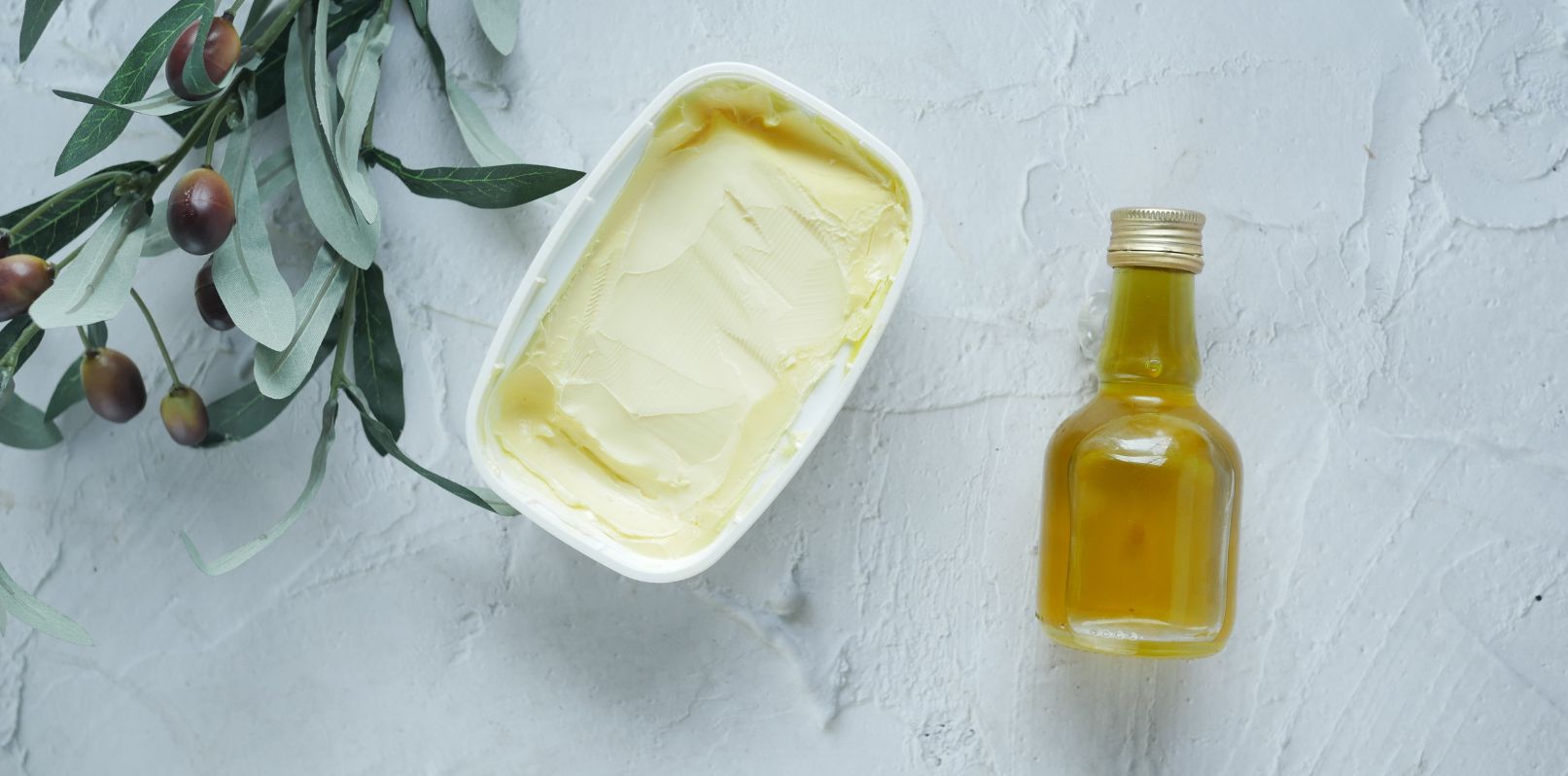
Coconut oil is, unfortunately, not a direct swap for MCT oil.
Coconut oil is predominantly made up of lauric acid – a longer-chain MCT that MCT oil leaves behind. The body digests and metabolizes lauric acid differently from other MCTs, so it doesn’t share the same potential benefits.14
You can read more about MCT Oil Vs Coconut Oil over here.
In The End…
As we’ve seen, MCT oil offers some distinct potential health advantages and considerations. While butter is best avoided in your daily coffee.
Just remember that even a delicious cappuccino should be paired with a healthy balanced diet, and always stick closely to the recommended daily dosage of MCT oil or MCT powder.
As with any dietary decision, consulting a healthcare professional who understands your own health status and goals, is always recommended.
Sources- https://www.ncbi.nlm.nih.gov/pmc/articles/PMC4882694/
- https://www.healthline.com/nutrition/mct-oil-vs-coconut-oil#mc-ts
- https://www.healthline.com/nutrition/mct-oil-vs-coconut-oil#mc-ts
- https://pubmed.ncbi.nlm.nih.gov/33220329/
- https://pubmed.ncbi.nlm.nih.gov/18326600/
- https://www.ncbi.nlm.nih.gov/pmc/articles/PMC5813183/#:~:text=Conclusions,hunger%2C%20and%20desire%20to%20eat
- https://www.ncbi.nlm.nih.gov/pmc/articles/PMC7175812/
- https://www.frontiersin.org/articles/10.3389/fneur.2023.1123290/full
- https://pubmed.ncbi.nlm.nih.gov/1568535/
- https://www.britannica.com/science/butyric-acid
- https://www.ncbi.nlm.nih.gov/pmc/articles/PMC4818854/
- https://www.ncbi.nlm.nih.gov/pmc/articles/PMC4818854/
- https://pubmed.ncbi.nlm.nih.gov/36134600/
- https://healthysd.gov/coconut-oil-healthy-or-unhealthy/
Related posts
